The 10 Biggest Software Stories Of 2010

A Wild Ride For The Software Industry
It's been a tumultuous year in the software industry. In other words, business as usual.
There have been acquisitions, from Intel's blockbuster buyout of McAfee to IBM's acquisition of, well, just about everybody. There were Microsoft's efforts to extend its Windows hegemony into mobile computing with Windows Phone 7, and growing recognition by Hewlett-Packard that having software account for 3 percent of its total revenue isn't enough. And there was the pending sale of Novell, once a head-to-head competitor of Microsoft, now a relatively minor player.
But perhaps the biggest software-related stories in 2010 were the mega-trends, led by the growing adoption of cloud computing and Software-as-a-Service, which are changing how software is delivered and managed, if not changing the concept of "software" itself.
Here's our list of the top software stories for 2010.
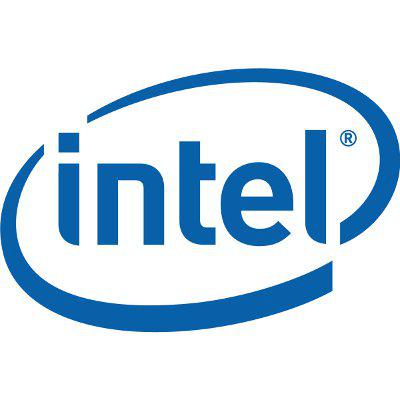
1. Intel To Acquire McAfee
Intel stunned the industry on Aug. 19 when it announced a deal to buy security software developer McAfee for $7.68 billion.
Yes, the acquisition is big, probably the biggest in the IT industry in some time. (Even Oracle's acquisition of Sun Microsystems was only $7.3 billion.) But the significance goes beyond the dollar value. As with the Oracle-Sun deal, Intel's pending acquisition of McAfee is further proof that the line between "hardware vendors" and "software vendors" is becoming increasingly blurred.
The acquisition will help Intel develop security software and hardware products for Internet-ready mobile and wireless devices, and embedded systems in ATMs, cars and even medical devices. The companies expect to close the deal late this year or in early 2011. While the acquisition has made some partners nervous about McAfee's future, Intel CEO Paul Otellini has pledged to operate McAfee as a wholly owned subsidiary and maintain the current business model for resellers.
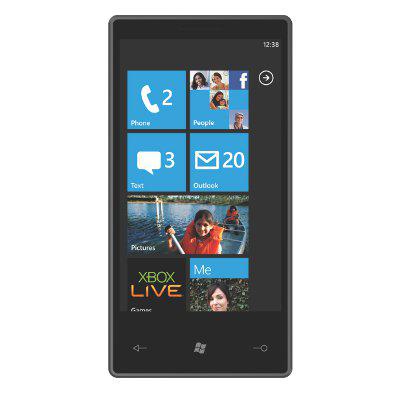
2. Microsoft Windows Phone 7 Debuts
With its Windows operating system, Office applications and other products, Microsoft dominates the desktop and is a major player in the data center. But when it comes to mobile devices Microsoft is an also-ran. And that's a problem because, as pointed out by Ray Ozzie, until recently Microsoft's chief software architect, we're moving to a "post-PC world" and Microsoft runs the risk of becoming obsolete.
So that's why Microsoft Windows Phone 7 is arguably Microsoft's most important product this year. Windows Mobile, Microsoft's earlier entrant in the mobile OS sweepstakes, has faired poorly against the Apple iPhone, Google Android and other competitors. Windows Phone 7 is Microsoft's attempt to hit the "reset" button and start fresh.
So how is it doing? Reports say only 40,000 consumers bought Windows Phone 7 devices on launch day, Nov. 8. Compare that to the 1.7 million Apple iPhone 4s sold in the first three days after its launch in June.
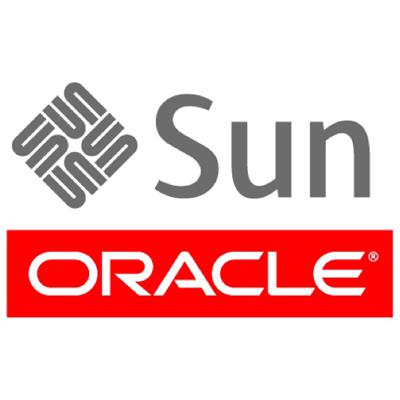
3. Oracle Buys Sun
Yes, Sun Microsystems was first-and-foremost a hardware company. But Oracle's $7.3 billion buyout of Sun in January also brought it a lot of software, including Java, the Solaris operating system and the popular MySQL open-source database.
Oracle was already a software powerhouse, owning the industry's best selling database and holding a commanding position in applications and middleware, thanks to dozens of acquisitions from Peoplesoft, to Siebel Systems to BEA Systems. But the foundational software the Sun acquisition brings arguably makes Oracle the most powerful software company, hands down.
The acquisition of Sun also allows Oracle to assemble and sell complete hardware-software "stacks," from server, to operating system and middleware, to database and applications. One ironic result is that such tightly integrated systems may make individual software products less important -- or at least less visible -- as businesses buy more turnkey systems.
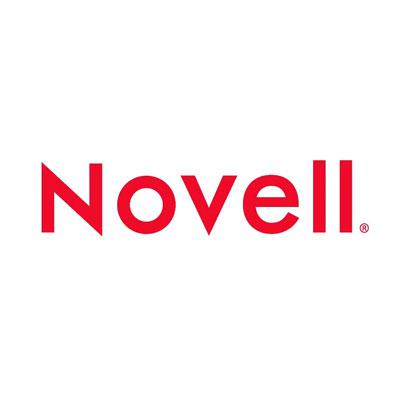
4. Farewell Novell
By the time of the Nov. 22 announcement that Novell would be sold to Attachmate for $2.2 billion, the company was a shadow of what it once was: a major industry software vendor, a serious competitor to Microsoft, and a key participant in the channel. The deal also includes the sale of "certain intellectual property assets" to CPTN Holdings, a consortium of technology companies organized by once-bitter rival Microsoft, for $450 million.
Just recapping Novell's long and winding history would take a book, from its heyday when its Netware operating system challenged Windows for industry dominance, to its repeated efforts to re-invent itself with Unix and then Linux, and more recent efforts to focus on cloud system management and "intelligent workload management."
Alas, giants like Oracle and SAP, and even flashy upstarts like Salesforce.com and NetSuite, surpassed Novell in sales and stature. Attachmate will operate Novell as a business unit, so the Novell name won't disappear. But it's a sad end for a storied company.

5. HP And Software: A No-Show No More?
Hewlett-Packard recorded $126 billion in sales in fiscal 2010 (ended Oct. 31). And software products accounted for only 3 percent of that, an astoundingly low number. Compare that to IBM, the second largest IT company, where software accounted for almost 22 percent of the company's $70.8 billion in sales in the first three quarters of its fiscal 2010.
In November HP brought in former SAP chief executive Leo Apotheker to become the company's new CEO. And observers think the need to boost HP's software sales was a major factor behind the HP board's choice of Apotheker over other candidates.
Apotheker himself seemed to confirm that view. "We need more software both as a category and also across the portfolio so that we can differentiate our individual products and services," he said. What kind of software sales gains is he looking for? "Doubling it wouldn't be too bad," said Apotheker. "Tripling it would be even better!"

6. Cloud Computing Picture Becomes Clearer
It's fair to say that 2010 was the year that cloud computing went from a concept to real-world implementations. And unlike so many grandiose pundit prognostications that never come to pass, cloud computing seems to be on a strong growth trajectory: IDC, for example, predicts that SaaS sales will grow more than 25 percent a year from $13.1 billion in 2009 to $40.5 billion in 2014.
Certainly IT vendors were quick to embrace cloud computing. Perhaps none more enthusiastically than CA Technologies, which in 2010 made five cloud-focused acquisitions, bringing its total spending on six cloud computing companies to more than $1 billion over 14 months.
Google and Microsoft compete fiercely in the cloud arena. Google won a deal, with some hiccups, to provide Los Angeles city workers with cloud-based apps, and Microsoft inked a $50 million deal with New York City to provide cloud-based productivity and collaboration apps.
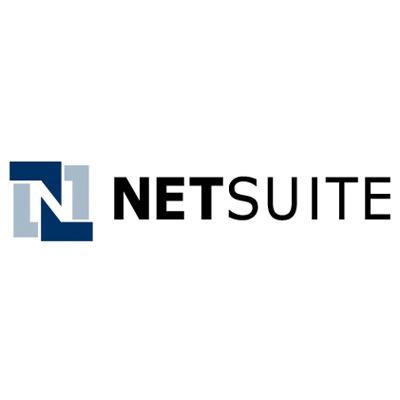
7. NetSuite, SaaS And The Channel
As Software-as-a-Service applications proliferate, many VARs have sat on the sidelines wondering just where they fit into the SaaS picture. But solution providers got a wake-up call in February from NetSuite CEO Zach Nelson who during an earnings call said, "If traditional midmarket VARs don't change to meet the demand for cloud computing solutions, they will go out of business."
Nelson predicted that 2010 would be the year solution providers shift their business models from selling on-premise software to cloud computing applications. NetSuite backed those statements by offering resellers the chance to keep 100 percent of first-year subscription revenue generated by new customer contracts. That partner recruiting drive brought in dozens of new resellers for the vendor.
It's clear many VARs got Nelson's message and have been adding on-demand software products, from NetSuite, Salesforce.com, Microsoft or other vendors, and cloud computing services to their repertoires.
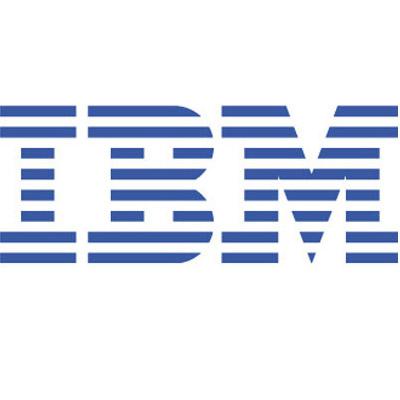
8. IBM Bulks Up With Software Acquisitions
In May CEO Sam Palmisano told investors that IBM would spend about $20 billion on acquisitions during the next five years. This year alone IBM has already made more than 15 acquisitions. And while a couple of those are hardware and services companies, the vast majority are software developers IBM is buying to expand its software portfolio.
The biggest software company acquisition this year (so far) has been Sterling Commerce, a developer of supply chain and business-to-business collaboration applications, which IBM bought for $1.4 billion. Some of the acquisitions have been in the area of online marketing including Unica ($480 million) and Coremetrics, and Clarity Systems and OpenPages in financial governance and compliance management.
Also on the shopping list: Big Fix (security management), Datacap (unstructured data management), and Storwize (real-time data compression).
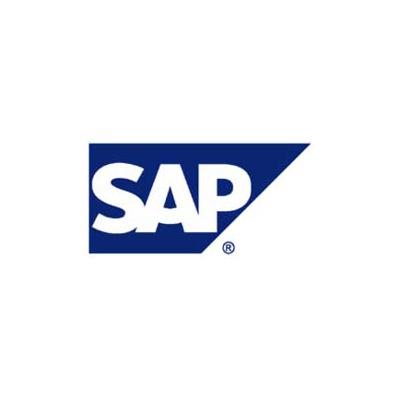
9. SAP: Turmoil At The Top, Progress In The Channel
Application giant SAP had a tough 2009 during which sales plunged 8 percent and profits declined 4 percent. So on Feb. 7 of this year Leo Apotheker, who had been appointed CEO just the previous May, paid the price and resigned. Bill McDermott and Jim Hagemann Snabe were named co-CEOs.
On the positive side SAP continued to expand its presence in the channel, making good on plans to move 100 percent of SME sales of the company's Business All-in-One to channel partners. Those efforts got a boost early in the year when the company tapped channel veteran Kevin Gilroy to head up the company's North American channel operations. (He was later promoted to managing SAP's entire North American SME operations.)
And in July SAP completed its $5.8 billion acquisition of Sybase, bringing a broad range of new technologies to SAP including mobile applications and in-memory computing software.
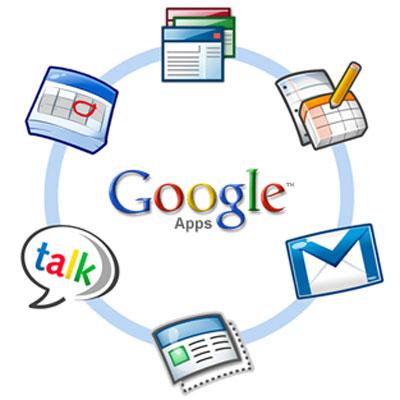
10. The Rise Of The App Store
The concept isn't new. After all, Salesforce.com launched its AppExchange in 2005 and as of last week was approaching 700,000 downloads. But in 2010 the use of online application stores really seemed to go mainstream, becoming a critical vehicle for distributing application software for both businesses and consumers.
The biggest "app store" news came in March when Google launched its Google Apps Marketplace where third-party suppliers of on-demand applications that supplement Google's own applications could show off their wares.
But Google was hardly alone. In September Intel started AppUp, an application marketplace for netbook software, while Pervasive Software launched the Pervasive DataSolutions WebStore to offer cloud-based, pre-configured applications. As explained by Bill Jacaruso, senior director of Pervasive DataSolutions, to compete in the cloud today an application store is a must.